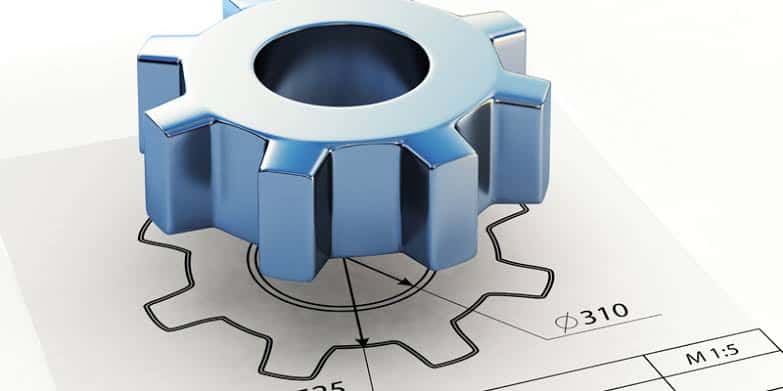One of the major topics facing importers and manufacturers is the pre-production samples. we want to help you find out why these samples are important as a guide for your manufacturer to make sure that the pieces that finally come off the line in mass production are exactly reaching your expectations.

What Is The Pre-Production Samples?
A pre-production sample is any sample that is made and put together before mass production. in that sense, it can mean very different things and serves different purposes. Let’s take two very opposite examples – garments and electronics products in general. in garments, what they call pre-production samples very often are samples that are made from the exact fabric and materials and accessories in the exact color. but it’s not made in the cutting and sewing workshop. that’s what people mean when they say PP sample. however, in theory, it includes anything from the first sample to the samples in the right size or the model size. all of these technically are PP samples. but when the materials and accessories have been delivered to the cutting and sewing factory. they are often required to prepare the PP sample, the PP sample is something that is made before the materials and fabrics. the measures and accessories are delivered still in the development phase before anything is purchased. in that case, it’s got to be the same material and color. but there’s a little bit more likely that going to be a bit different from production. for electric products, they are developed from scratch. several samples are often called prototypes. when comes to the buyer confirming the prototype, they want to know about the looks and functions. and if there’s an enclosure that has to be custom-made, there’s some tooling that has to be opened for that. that has a very big impact on the look of the product, so they make the tooling.
How To Send Your PP Samples Into The Inspection Agency?
There are two to three ways to do that. If you have a relatively long-term relationship with a supplier based on trust, you can use their sample as the approved sample. but if for whatever reason, someone in the factory is playing a game, they will end up taking responsibility for that. it’s not something we would generally advise, but some buyers haven’t decided to do that, because it is a way of cutting costs and simplifying the processes if you hire an inspection company. it is best and easiest is to send the sample to your suppliers’ factory. but to keep it in a sealed bag.
What Are The Common Issues During PP Sample Development?
When a factory makes a PP sample and sends it to the buyer. sometimes the buyer notices the factory misunderstood what they want. there are many uses for PP samples, it serves many purposes. one of the purposes is to clarify understanding because you can explain things in an email and people are messier and messier these days. suppliers sometimes are lost. it’s good to have them put things together and then confirm it. it’ll be a good guideline. PP samples also in theory should be tested the same way as production is going to be tested. if it’s a new product, you get to think of the testing plan and the all the inspection checklist. as important as the user manual or the labeling and the packaging, you have to get it right. you get to use it and validate it properly.
Is It Common For Suppliers In Asia To Skip The Process?
Sending a PP sample is the common standard. all the buyers know that they’ve got to have an approved sample in their hands to confirm before they say yes to produce. however, if you’re buying large furniture or machinery, that doesn’t happen. that’s the limitations of it. during production, the supplier isn’t meant to deviate from the look, the features, the texture, and the finish of the final PP sample, it can happen. so why would that happen? are there any steps that we can take to guard against it from happening? the typical conversation between a first-time buyer and a manufacturer is the first time buyer doesn’t even know he needs an inspection and check things very carefully, they just receive the products to have a look then go back to the supplier, then he’ll most likely be got scammed by the factory. so new buyers, keep that in mind.